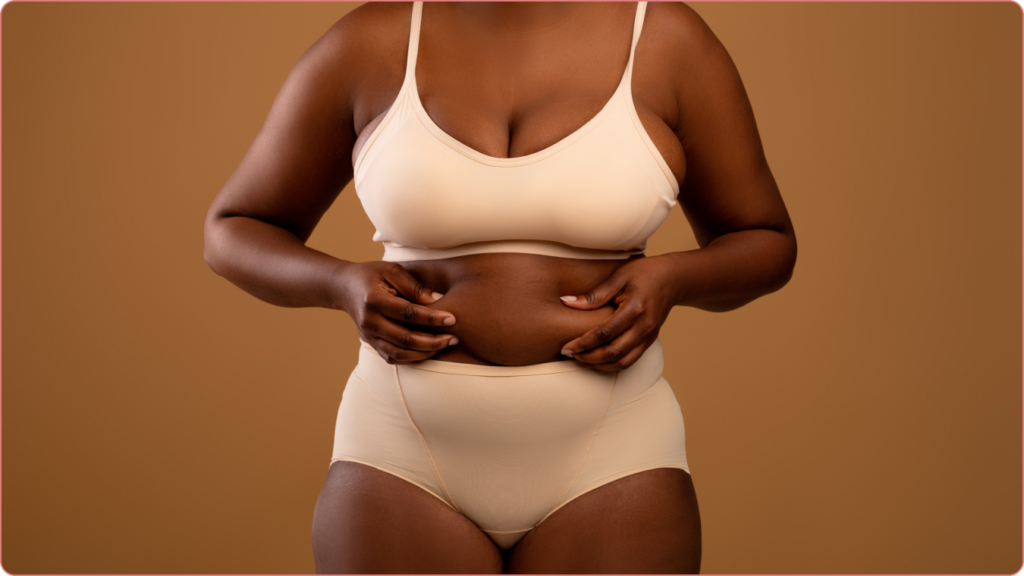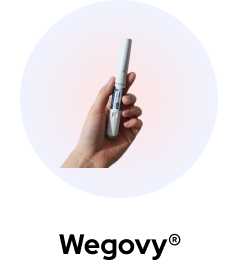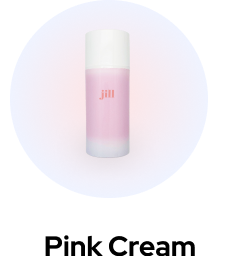Fat is a bad word. And it really shouldn’t be but it’s developed this bad reputation mainly due to misunderstanding and effective marketing. What most of us don’t realize is how necessary it is for a human body to function. Fat is important, always has been, and always will be.
We’ll explain this magical material in the following four sections.
How does our body make fat?
When an individual consumes food, the food is broken down within the digestive system and the nutrients and calories are absorbed to be used as an energy source. The body uses the necessary calories it needs to function and will store the rest. Only limited amounts of carbohydrates, fats, and proteins can be stored away for later use in the liver. Your muscles can also act as a storage system, especially for active individuals who need quick shots of energy. Think of your liver as like a pantry and your muscles as your purse; once the pantry and your purse are full, it can no longer store any more food. When the liver is full, your body will try to store excess calories as fat.
Within your body, adipose tissue is specialized to store this fat. When there is more storage needed (i.e. when you’ve cut back your exercise or are eating real good while on vacation), the cells can either enlarge or duplicate themselves. This process happens every time one consumes more than their calorie requirements.
But why is storing nutrients important for our bodies? Simply put, processes in our body are always running and using these essential nutrients (fats, carbs and protein), even when you are sleeping. After your body breaks down food that has been consumed and uses up the associated nutrients, there is no other option than to resort to your body’s nutrient reserves to maintain proper function.
Fat = survival
Fat has evolutionary significance. In the past when humans were hunter-gatherers, we would sometimes go days without food. Body fat was essential to our survival because it is less metabolically active than muscle and can hold a lot of energy. This means that it uses fewer calories to be maintained and provides more calories when broken down. In comparison to your body stores of carbohydrates (glycogen), fat provides more than double the energy (9 calories as opposed to 4 calories). This means that those who could better store body fat, were more likely to survive. Now that we are no longer living in caves and hunting/gathering as our primary jobs (and don’t have as active a lifestyle as result) we do not need as much body fat to survive.
Essential body fat + structure for our organs
The minimum amount of body fat required to maintain healthy function of the body is called essential body fat. Essential body fat for a cis-male is about 3% and for a cis-female is about 12%. The specific amounts can differ from person to person. If we dip lower than our essential body fat, we can push our body into a state of dysregulation. This can have extreme negative consequences on our hormones and immune function. This can result in menstrual disturbances (or your periods stop altogether), low sex drive, decreased fertility, increased risk of infection, bone disease, and an increased risk of mortality– pretty serious stuff.
Lastly, fat provides structural integrity around your organs. Many of the body’s organs are free flowing in the body: they could kinda just slop around inside of us if we didn’t have visceral adipose tissue to keep them in place. It also provides cushioning from external force which can help you in recovering from injury. Thank you fat for all your hard work!
The many hats of dietary fats
Fat is calorie-dense (remember 9 calories vs 4 calories?), and the calories from fat can add up pretty quickly with fatty meals like your favourite cheeseburger or an extra large pizza. However, avoiding fat entirely can negatively impact your hunger levels. Dietary fat plays a role in maintaining satiety (the feeling of fullness). Fat might not do a very good job at reducing hunger during a meal, but due to its ability to slow down stomach emptying and its slow speed to digest, it can help delay hunger and reduce unnecessary grazing between meals and snacks.
Fat also plays an important role in the absorption of vitamins and minerals in your body. Vitamins A, D, E, and K are all fat-soluble, meaning they require some amount of fat to be absorbed. Fat soluble minerals include copper, iron, calcium, potassium, phosphorus, selenium, magnesium, and zinc. Not only does fat help absorb these crucial vitamins and minerals, but there are fats that contain smaller building blocks that our body needs to function called essential fatty acids.
The two types of essential fatty acids are omega-3s and omega-6s. If we don’t consume enough of these we can set our body into a state of dysregulation. Omega-3s have an anti-inflammatory effect and omega-6s have a pro-inflammatory effect. Both are necessary for different processes in the body. This is why fat is definitely an essential nutrient that should not be avoided.
All Hail Fat – Your Takeaways
Not only is fat essential in your body, it is essential in the food that you eat. Body fat helps maintain proper hormonal and immune function. It protects our organs and keeps them in place. It also has evolutionary importance, and is probably one of the reasons why many of us are here today (thank you chubby ancestors!). Dietary fat is important for satiety, absorption of vitamins and minerals, and providing us with essential fatty acids. It keeps us from getting hangry and from experiencing deficiencies.
Bottom line is that fat is kinda awesome. It is definitely nothing like the “F” word, unless it is in the “f*** yeah!”, sort of context.












 (US)
(US)